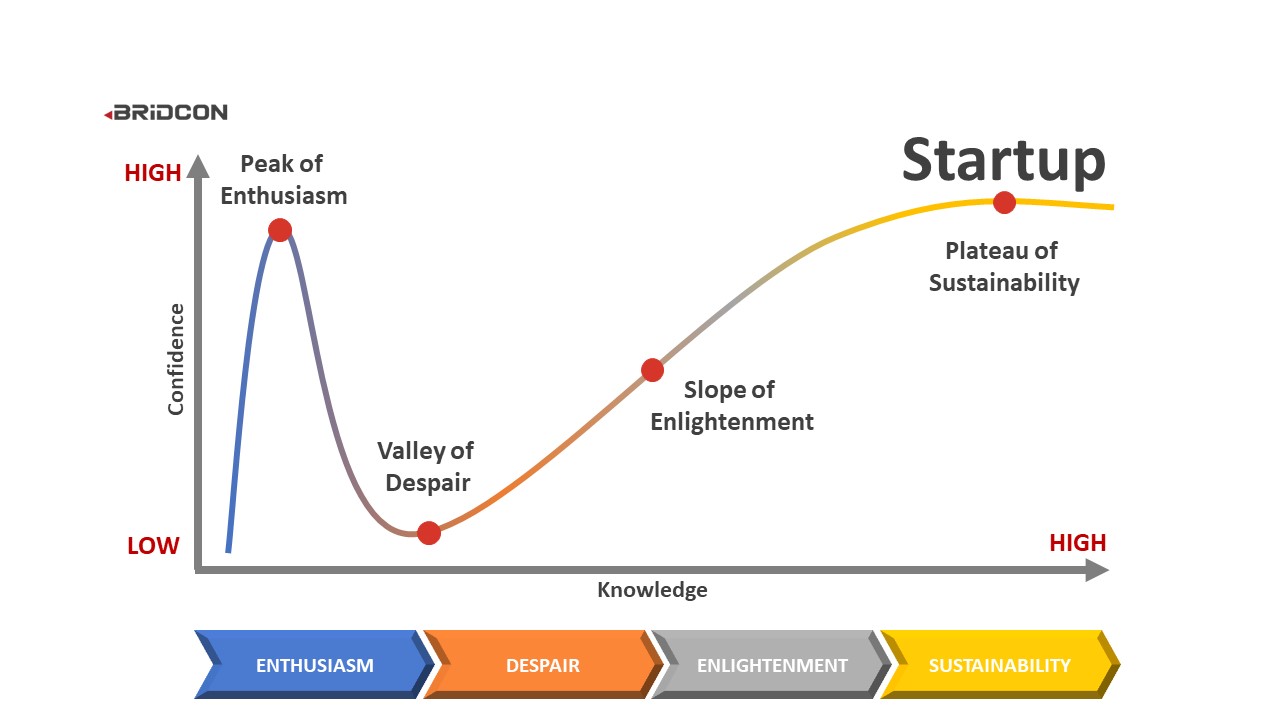
What is the Dunning-Kruger Effect?
Social psychology calls it The Dunning-Kruger effect. It is a form of cognitive bias that has devastating effects on start-up businesses – a mirage that kills time, money, and dreams. It happens to first-time entrepreneurs who are enthusiastic about starting a business venture but have no knowledge or experience.
Entrepreneurs are likely to make poor decisions and reach erroneous conclusions because their lack of experience denies them the conscient ability to recognise their gaps. Simply put, they are not aware of what they do not know.
The less experienced entrepreneurs fall to illusory superiority, rating their knowledge level way higher than it is. However, sometimes we see the opposite – when more experienced entrepreneurs underrate their level of knowledge and go down the slope of illusory inferiority.
Why does it happen?
It all happens because of how we humans perceive the future, in a mix of knowns and unknowns, and not entirely making sense of it. For example, when starting a business venture, people translate the future in terms of positive outcomes, imagining that the business will start, pick up, and be successful.
But the success of a business is driven less by a dream and more by data, research, analysis, by a customer-oriented strategy and a precise business plan.
What is the impact?
When people are overconfident that the business will succeed without understanding how it will happen, they fail to evaluate their level of competence. Overconfidence blurs the rational decision-making process, and they are more likely to make decisions based entirely on their opinions.
How to avoid it?
Confidence is a “must-have” in a start-up business, but there is a fine line between confidence and overconfidence. Entrepreneurs and decision-makers should be driven by their dreams and knowledge to achieve their goals.
To ensure a balanced start of the business, one of the main questions every entrepreneur should address is: “How am I going to do it?”
At BRIDCON, we believe that a successful business should not be a costly trial-and-error exercise but an extension of data-based and unbiased decisions. We are here for the daring ones who think they can change the future and are willing to take a strategic approach to growth.









